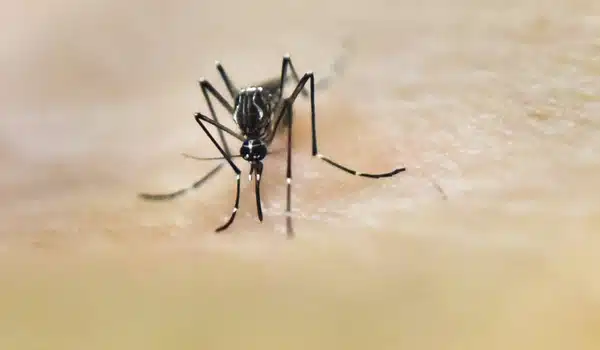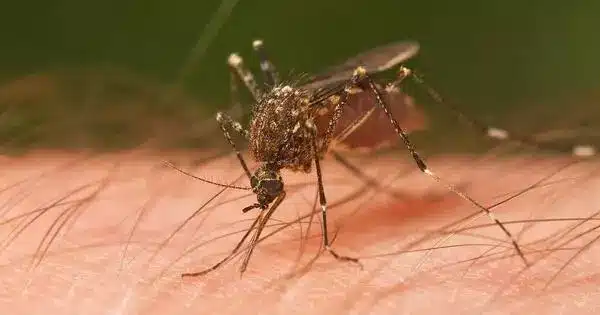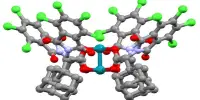Mosquitoes are drawn to a wide range of chemical cues, including carbon dioxide, lactic acid, and other compounds found in human sweat and breath. When a person is infected with certain viruses, their body chemistry changes, resulting in the production of various odorous compounds. Individuals infected with the virus may be more appealing to mosquitoes due to their altered body odor.
Researchers report in the issue of Cell that the Zika and dengue fever viruses alter the scent of the mice and humans they infect. The modified scent attracts mosquitoes, who bite the host, drink their infected blood, and then spread the virus to the next victim.
Dengue fever is spread by mosquitos in tropical and subtropical areas around the world, including the southeastern United States. It causes fever, rash, and painful aches, as well as hemorrhage and death in some cases. According to the National Institutes of Health (NIH), more than 50 million dengue cases occur each year, with approximately 20,000 deaths, the majority of which occur in children.
Zika is a mosquito-borne viral disease that is related to dengue fever. Although Zika rarely causes serious illness in adults, a recent outbreak in South America resulted in serious birth defects in the unborn children of infected pregnant women. This virus family also includes yellow fever, Japanese encephalitis, and West Nile.
Acetophenone is made by some Bacillus bacteria that grow on human (and mouse) skin. Normally skin produces an antimicrobial peptide that keeps Bacillus populations in check. But it turns out that when mice are infected with dengue and Zika, they don’t produce as much of the antimicrobial peptide, and the Bacillus grows faster.
Penghua Wang
In order to spread, these viruses require ongoing infections in both animal hosts and mosquitos. If either of these factors is missing – if all susceptible hosts clear the virus or all mosquitoes die – the virus vanishes. During the 1793 yellow fever outbreak in Philadelphia, for example, the arrival of the fall frosts killed the local mosquitoes, and the outbreak ended.
There are always mosquitoes in tropical climates without killing frosts; the virus only needs one to bite an infected host animal to spread. The Zika and dengue viruses appear to have devised a cunning method of increasing the odds.
A team of researchers from UConn Health, Tsinghua University in Beijing, the Institute of Infectious Diseases in Shenzhen, the Ruili Hospital of Chinese Medicine and Dai Medicine, the Yunnan Tropical and Subtropical Animal Virus Disease Laboratory, and the Chinese Center for Disease Control and Prevention, suspected that dengue and Zika might be manipulating the hosts in some way to attract mosquitoes. Both malaria and general inflammation can change people’s scent. Viral infection by dengue and Zika, they thought, might do the same thing.

First, the researchers determined whether mosquitos preferred infected mice. Indeed, when mosquitoes were given a choice between healthy mice and mice infected with dengue, the mosquitoes preferred the dengue-infected mice.
The smelly molecules on the skin of infected and healthy mice were then examined. They isolated and tested several molecules that were more common on infected animals. They tested them on clean mice as well as human volunteers’ hands and discovered that one odoriferous molecule, acetophenone, was especially appealing to mosquitoes. Human dengue patients’ skin odorants were found to be more attractive to mosquitos and produced more acetophenone.
Acetophenone is made by some Bacillus bacteria that grow on human (and mouse) skin. Normally skin produces an antimicrobial peptide that keeps Bacillus populations in check. But it turns out that when mice are infected with dengue and Zika, they don’t produce as much of the antimicrobial peptide, and the Bacillus grows faster.
“The virus can manipulate the hosts’ skin microbiome to attract more mosquitoes to spread faster!” says Penghua Wang, an immunologist at UConn Health and one of the study authors. The findings could explain how mosquito viruses manage to persist for such a long time.
Wang and his colleagues also investigated a potential preventative measure. They gave dengue fever mice isotretinoin, a vitamin A derivative known to increase the production of the skin’s antimicrobial peptide. Isotretinoin-treated mice produced less acetophenone, making them less appealing to mosquitos and potentially lowering their risk of infecting others with the virus.
The next step, according to Wang, is to examine more human patients with dengue and Zika to see if the skin odor-microbiome link holds true in real-world conditions, and to see if isotretinoin reduces acetophenone production in sick humans as well as it does in sick mice.













